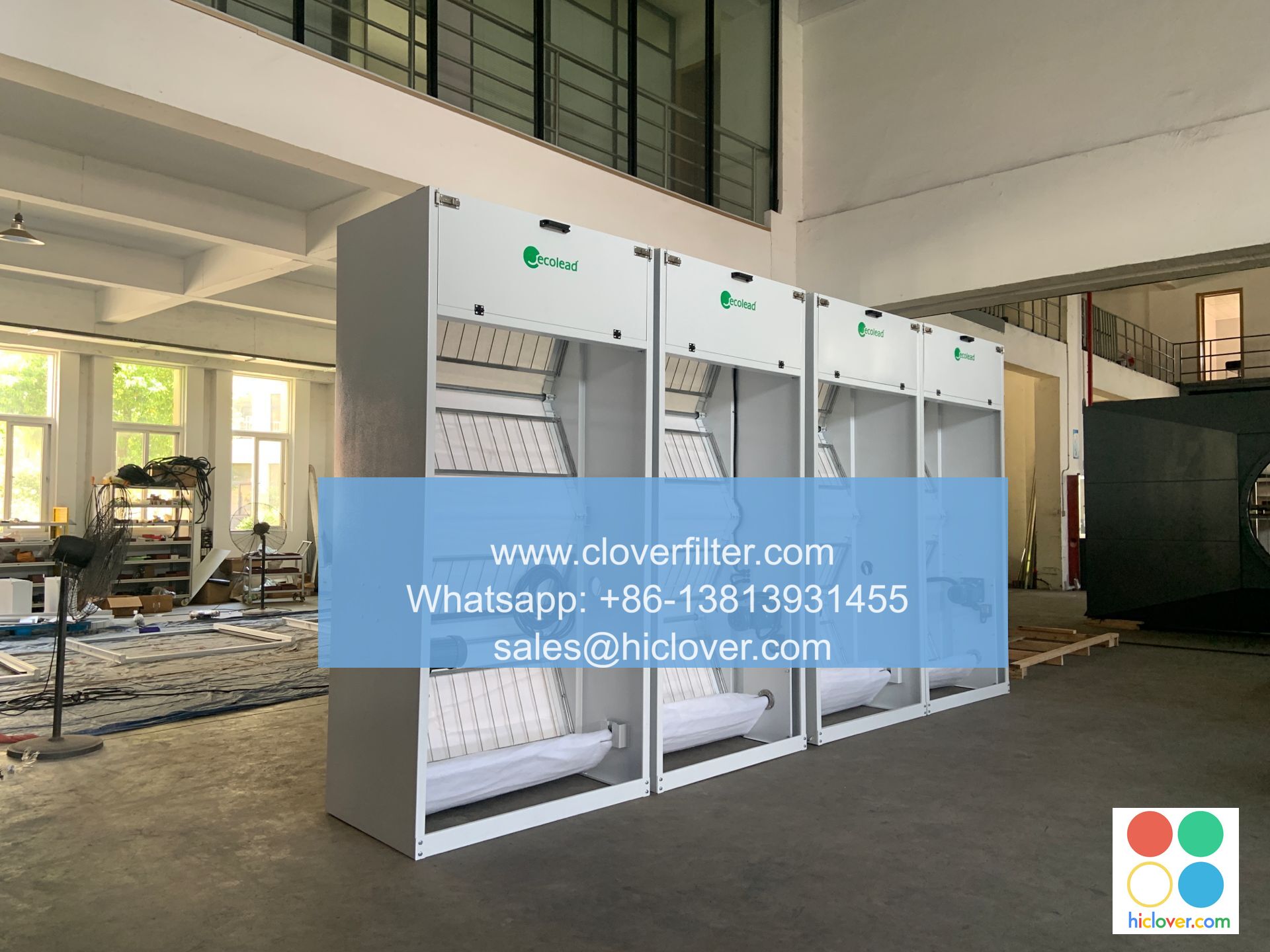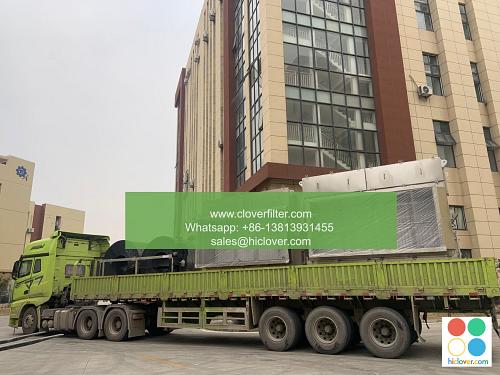Maximizing Productivity with Automatic Roll Air Filters at Hamilton Steel Plant

Hamilton Steel Plant, a leading manufacturer of steel products, has been at the forefront of innovation and efficiency in their production processes. One of the key factors contributing to their success is the implementation of automatic roll air filters in their facilities. These filters have revolutionized the way the plant maintains air quality, reducing downtime and increasing overall productivity. In this article, we will delve into the benefits of automatic roll air filters and how they have maximized productivity at Hamilton Steel Plant.
The steel production process involves various stages, including melting, rolling, and finishing. Each stage generates a significant amount of airborne pollutants, such as dust, fumes, and particles, which can compromise air quality and pose health risks to employees. Traditional air filtration systems required frequent manual cleaning or replacement, leading to production downtime and increased labor costs. The introduction of automatic roll air filters has eliminated these issues, providing a continuous and efficient air filtration process.
Automatic roll air filters use a roll of filter media that automatically advances as the filter becomes saturated with pollutants. This design ensures that the air quality remains consistent, and the filters require minimal maintenance. The benefits of this system are twofold: firstly, it reduces the need for frequent filter replacements, minimizing production downtime; secondly, it decreases the amount of labor required for maintenance, allowing employees to focus on other critical tasks.
At Hamilton Steel Plant, the implementation of automatic roll air filters has resulted in significant productivity gains. The plant has reported a reduction in downtime of over 30%, allowing for increased production capacity and improved delivery times. Additionally, the reduced maintenance requirements have enabled the plant to reallocate labor resources to other areas, such as quality control and research and development. This has led to improved product quality and the development of new steel products, further enhancing the plant’s competitiveness in the market.
The use of automatic roll air filters has also had a positive impact on the health and safety of employees at Hamilton Steel Plant. By providing a consistent and high level of air quality, the plant has reduced the risk of respiratory problems and other health issues associated with airborne pollutants. This has resulted in a decrease in employee absenteeism and an improvement in overall job satisfaction.
In terms of cost savings, the automatic roll air filters have been a significant investment for Hamilton Steel Plant. While the initial cost of the filters is higher than traditional systems, the long-term benefits and cost savings far outweigh the initial expenditure. The plant has reported a reduction in energy consumption, as the filters require less power to operate, and a decrease in waste disposal costs, as the filters are designed to be recyclable.
The success of automatic roll air filters at Hamilton Steel Plant can be attributed to several factors, including the plant’s commitment to innovation and efficiency, as well as the effective implementation and maintenance of the filters. The plant’s management has recognized the importance of air quality in the production process and has invested in the necessary technology to ensure a safe and healthy working environment.
In conclusion, the implementation of automatic roll air filters at Hamilton Steel Plant has been a resounding success, resulting in significant productivity gains, improved air quality, and cost savings. The plant’s commitment to innovation and efficiency has enabled it to stay ahead of the competition and maintain its position as a leading manufacturer of steel products.
Conclusion
The use of automatic roll air filters is a prime example of how innovative technology can transform industrial processes, improving efficiency, productivity, and employee health and safety. As the steel industry continues to evolve, it is likely that we will see increased adoption of this technology, leading to a cleaner, safer, and more efficient production process.
FAQs
Q: What are automatic roll air filters, and how do they work?
A: Automatic roll air filters use a roll of filter media that automatically advances as the filter becomes saturated with pollutants, providing a continuous and efficient air filtration process.
Q: What are the benefits of using automatic roll air filters in industrial settings?
A: The benefits include reduced downtime, decreased maintenance requirements, improved air quality, and cost savings.
Q: How have automatic roll air filters impacted productivity at Hamilton Steel Plant?
A: The plant has reported a reduction in downtime of over 30%, allowing for increased production capacity and improved delivery times.
Q: Are automatic roll air filters more expensive than traditional air filtration systems?
A: While the initial cost of automatic roll air filters is higher, the long-term benefits and cost savings far outweigh the initial expenditure.
Q: Can automatic roll air filters be used in other industries beyond steel production?
A: Yes, automatic roll air filters can be used in various industries, including manufacturing, pharmaceuticals, and food processing, where air quality is a critical factor.

